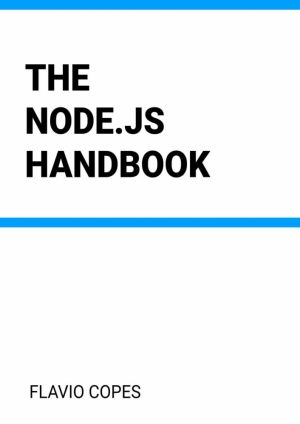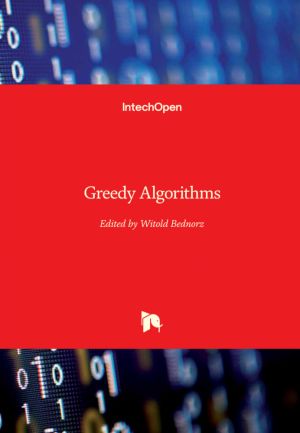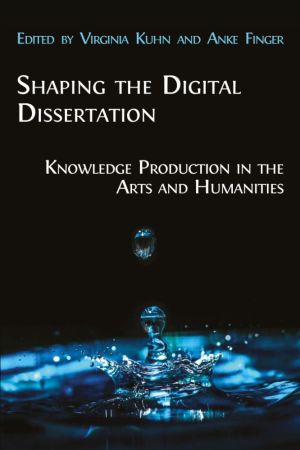
This open brief provides a systematic analysis of current trends and requirements in the areas of knowledge and competence in the context of the project "(A) Higher Education Digital (AHEAD) - International Horizon Scanning / Trend Analysis on Digital Higher Education." It examines the latest developments in learning theory, didactics, an...

Node.js is built on top of the Google Chrome V8 JavaScript engine, and it's mainly used to create web servers - but it's not limited to that.
The Node.js Handbook follows the 80/20 rule: learn in 20% of the time the 80% of a topic. The author find this approach gives a well-rounded overview....

The method of Do-It-Yourself (DIY) has been around for a long time, and in majority of the cases this has been associated with home renovation and make overs. But, in the past decade this mindset of DIY has shifted to the online world. It has now become the norm for anyone to create their own website without seeking the help of a website profession...

Each chapter comprises a separate study on some optimization problem giving both an introductory look into the theory the problem comes from and some new developments invented by author(s). Usually some elementary knowledge is assumed, yet all the required facts are quoted mostly in examples, remarks or theorems....

Digital dissertations have been a part of academic research for years now, yet there are still many questions surrounding their processes. Are interactive dissertations significantly different from their paper-based counterparts? What are the effects of digital projects on doctoral education? How does one choose and defend a digital dissertation? T...
